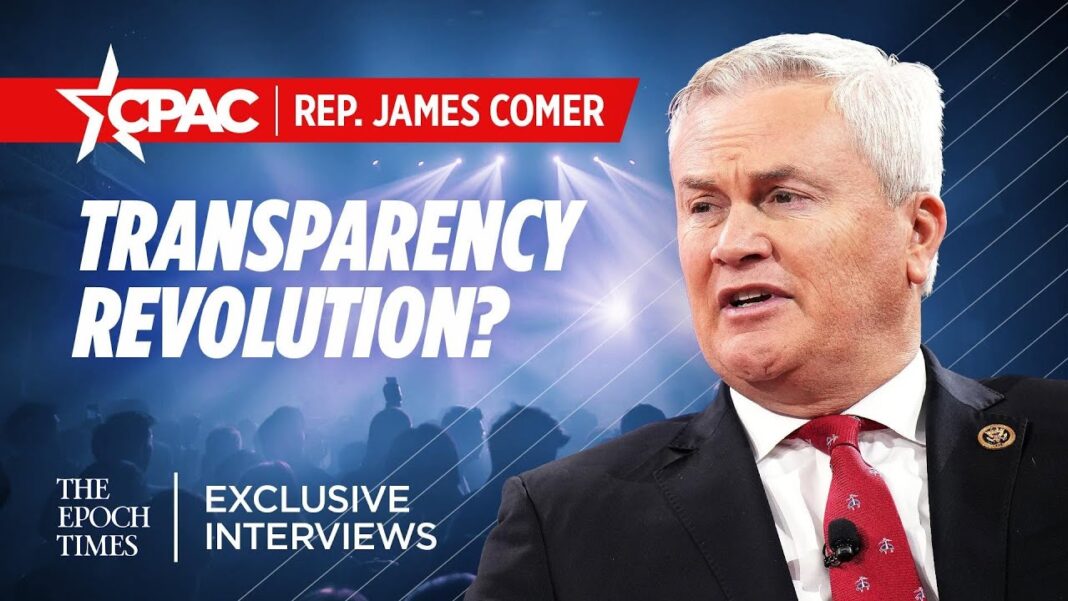Kennedy said that transparency is how he will reverse America’s chronic disease epidemic as head of the health department.
Robert F. Kennedy Jr. vowed to launch “a new era of radical transparency” as he addressed his staff as Secretary of Health and Human Services (HHS) for the first time on Feb. 18.
“I’m not going to come in here and impose my belief over any of yours. Instead, we’re going to work together to launch a new era of radical transparency,” Kennedy said.
“Only through radical transparency can we provide Americans with genuine informed consent, which is bedrock and the foundation stone of democracy.”
Kennedy’s “main mission” at HHS, he said, is “to reverse the chronic disease epidemic.”
Transparency is how that objective will be accomplished.
“Transparency allows diverse parties to establish common ground of mutually trusted information,” Kennedy said.
He remarked that many government agencies have “fallen captive to the profit-making industries” and have “stagnated in bureaucratic secrecy.”
Kennedy ran for president as a Democrat and then an independent before ending his White House bid last August.
Upon endorsing candidate former President Donald Trump, he established the “Make America Healthy Again” (MAHA) movement and vowed to end the nation’s chronic disease epidemic, which was a key part of his own presidential campaign platform.
The former Democrat was nominated to become HHS secretary by Trump before undergoing a rigorous confirmation process that ended on Feb. 13, when the U.S. Senate voted in Kennedy’s favor, 52–48, mostly along party lines.
Sen. Mitch McConnell (R-Ky.) was the lone Republican not to support Kennedy.
“I have prayed each morning for the past two decades for God to put me in a position to solve the childhood chronic disease epidemic. And now, thanks to you Mr. President, we will make this promise a reality,” Kennedy said as he was sworn in on Feb. 13 in the Oval Office.
HHS manages 13 agencies, including the Centers for Disease Control and Prevention (CDC), the Food and Drug Administration (FDA), and the National Institutes of Health (NIH).
Kennedy has promised significant changes throughout the department.
He has repeatedly said little will change until the influence of giant or private corporations on the FDA, the CDC, and the Department of Agriculture is addressed.
“I understand that it is the system and not the people in it; that is the main problem,” Kennedy said.






